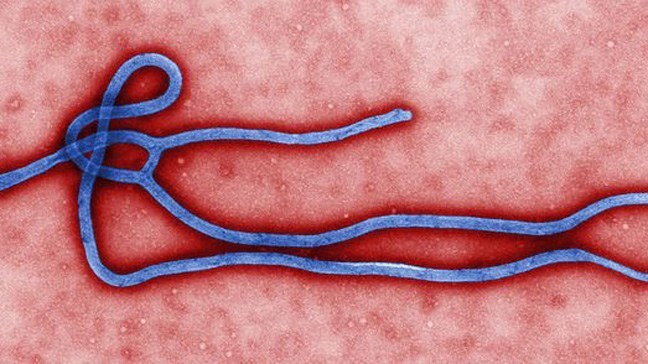The director of Lantoto National Game Park in South Sudan’s Yei River State has urged the state ministry of health and its partners to ensure increased public awaraness on the Ebola virus.
Speaking to Radio Tamazuj on Sunday, Joseph Taban Zacharia said communities need to know the dangers of eating bush meat. He further said local communities have remained adamant, despite several warnings and awareness creation conducted by wildlife officials and game rangers prohibiting consumption of bush meat due to Ebola.
“Ebola usually comes through wildlife animals like bats which migrate from Congo to South Sudan in search of food and dead antelopes are liked and eaten by people here. The rangers also need awareness on Ebola because they conduct patrols in game parks and the locals also need awareness because bush meat is dangerous for their lives in case of Ebola outbreak,” he explained.
Taban also expressed concern over the existence of porous entry points through the game park as well as the free movement of returnees who enter into communities without undergoing screening.
He said the free movement of animals especially towards the end of the rainy season in search for greener pastures into South Sudan places the country at high risk of importing the viral disease.
“Congo is just some miles away from us and the refugees move freely and the animals move freely because they have no borders. They can cross from Lantoto to DRC’s Garamba and vice versa and this is also the season for free movement of animals, “Taban said.
He added, “We need massive community awareness in the rural villages because Ebola is a very dangerous disease”.
Ebola is a rare but deadly virus that causes fever, body aches, and diarrhea, and sometimes bleeding inside and outside the body.
South Sudan suffered Ebola outbreak in 2004 after the World Health Organization (WHO) reported 20 cases, including five deaths, from Ebola hemorrhagic fever (EHF) in Yambio.




